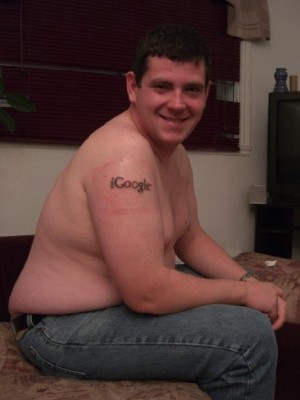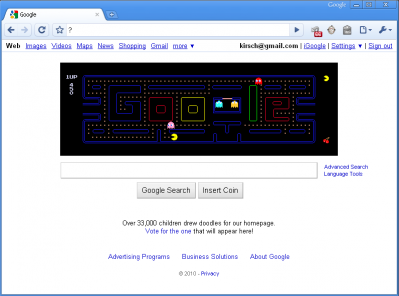Well, well… look what I just got in the mail:
Tag Archives: google
Mapping it all out
Anyone who is tech-savvy enough to read this blog has undoubtedly heard about the “Apple Maps debacle”. The press has written lots and lots about it – some justified, most over-simplified link bait, as follows:
- Apple hates Google ‘cuz they copied the iPhone
- Apple wants Google off the iPhone so it created its own Maps, got rid of Google Maps
- Apple Maps suck.
The reality is, of course, much more complicated. Since their negotiations happen behind closed doors, all we can do is use what we know and speculate on the rest. My take follows.
Nexus 7 thoughts
Google announced the Nexus 7 tablet on Wednesday during their Google I/O conference. This is the first Google branded Android tablet ever. In summary:
- $199 for 8GB, $249 for 16GB.
- Quad-core Tegra 3 processor
- 7″ inch 1280 by 800 pixel screen.
- New Android version 4.1 (Jelly Bean)
My friend Andy wanted to know what I thought of it, so here it goes:
Android
Based on the reviews I’ve seen, it looks like after four years of stutter and jerkiness, Google got very serious about making the Android UI fluid and responsive. This was hard because Android was originally developed to be a Blackberry clone and some basic architectural decisions were made that prevented having a smooth interface. This is one example of Google aggressively fixing the most serious flaws in Android and it looks like they are making lots of progress. That and the deep integration with Google’s excellent cloud services. Android is getting better.
Price point
To beat the iPad, it is not enough to have a comparable product. You either have a much better product or you have a much cheaper product.
After many attempts, no Android tablet was good enough. So Google chose plan B: sell a much cheaper product. The Nexus 7 hardware does cut some corners (back camera, cellular radio, expansion ports) but what it has is very good. And it is being sold at cost – hoping to make it up later by selling movies, apps, songs, ads.
So rather than being a direct iPad or Windows 8 competitor, the Nexus 7 is aiming at the cheap Amazon Kindle Fire. And it looks like it is much, much better product.
Sucks to be Dell
These are tough times for OEM partners: Microsoft releases Surface and has the advantage of early access to software and direct access to Windows engineers. Now Google does something even more ruthless to its parners: on top of all the advantages of owning Android, they decide to sell hardware at cost.
Dell, HP, Asus, Toshiba, Samsung, etc. cannot sell tablets at cost without a way of making up their losses later. In the brave new world of tablets, Apple’s “making the whole widget” way is the way and Microsoft and Google seem to have caught on to that.
Bottom line
This is the first Android product I’ve ever wanted to own. It appears to be really good, and the price is great. Best of all, it’s very light (340 g). Sure, they had to destroy the trust of every hardware partner they have in the process. Too bad for them.
The eternal number
In 2001 I moved to Austin and got a land line number with AT&T. This is the number I give out for everything that’s not personal: banks, credit cards, etc.
Keeping this number has been hard. I had to transfer from AT&T to Vonage. This was great: cheap long distance, voice mail to email, and the ability to bring it with me to California. But Vonage charges me per month and frankly I wasn’t getting much use out of it anyway. But I want to keep the number!
So I started another odyssey: porting my number to Google Voice.
This wasn’t trivial: Google will port numbers from some cell phone companies, but not from Vonage. So I had to go through an AT&T pre-paid cell phone. $15 for the SIM + $20 for the Google Voice port. And I get to get rid of this:
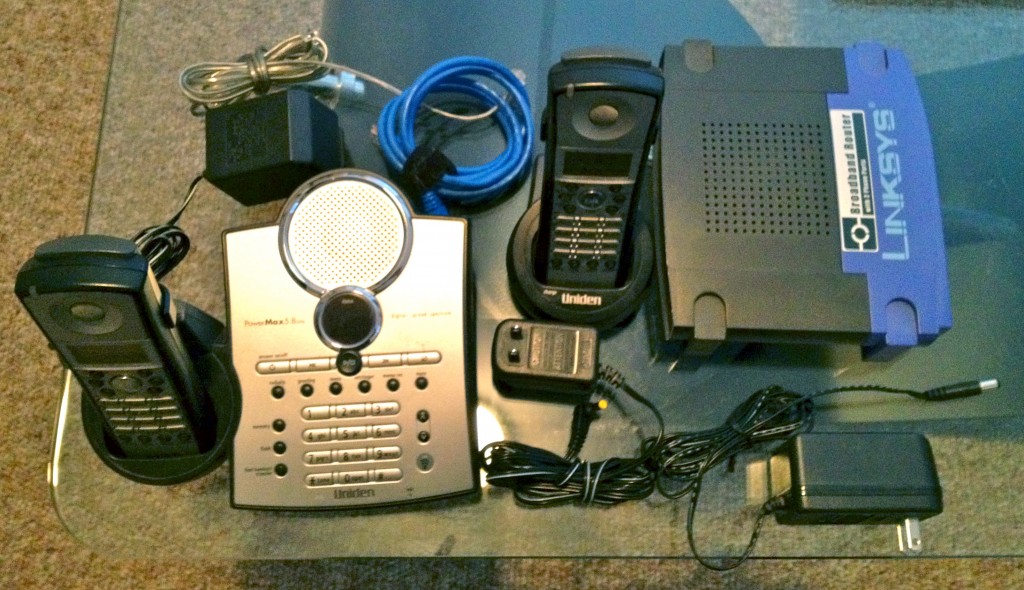
I’m happy to announce that the process is now complete and was successful! The only drawback: spam calls about the elections are now getting redirected to my cell phone. Time to deal with that.
Sharing links from Google Reader
Those who know me are aware that I am addicted to the anything-reading efficiency of Google Reader (204 feed subscriptions and counting). It’s great. If you are one of those people who still open a few websites every morning in order to read news, then you really need to look into this.
We all hate the recent Google Reader redesign. One of the coolest features it had was the ability of sharing a link, so that anything you “share” shows up in your friend’s Google Reader. In their desperate attempts to fight Facebook, Google cut this feature and replaced it with Google+ integration.
I’ve seen a lot of complains about it online, and even a pretty crazy workaround. Here’s mine:
Use the granddaddy of link sharing services: Web 2.0 pioneer Delicious. You can post things on Delicious directly from the Google Reader interface (you need to enable this in the Google Reader Settings).
Let me know if you create a Delicious account, and I may just add your feed to my Google Reader account. Here’s mine. Or you can just subscribe to The MKX® Super Feed, which aggregates Delicious, Flickr, The MKX®, The MKX® Photo Central, Twitter and YouTube in a single, convenient feed.
Tech Tattoos
I’m trying to find some sort of hidden pattern here, but I just can’t. Help me out.
Play Pac-Man on Google.com
Very cool: Only for maybe today and tomorrow, go to Google and you can play Pac-Man directly on the logo. This is celebrating Pac-Man’s 30th anniversary. If you click on the Insert Coin button (where the I’m Feeling Lucky button normally is, you get to play with Ms. Pac-Man.
More Google Wave invites.
I have more Google Wave invites. Leave a comment if you want one.
Google \/\/ave
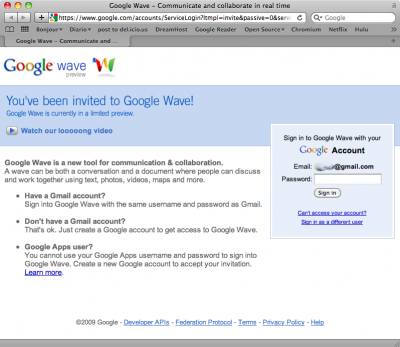 Got an invite to Google Wave tonight. It look pretty darn powerful and useful. And as a web application, it’s very impressive too. But like so many other things, the more people that use it, the more useful it becomes. Do you have Google Wave? Do you use it? What do you think? Use the comments. You say you don’t have it? Well, what a coincidence! I happen to also have a few invitations. Want one? Use the comments.
Got an invite to Google Wave tonight. It look pretty darn powerful and useful. And as a web application, it’s very impressive too. But like so many other things, the more people that use it, the more useful it becomes. Do you have Google Wave? Do you use it? What do you think? Use the comments. You say you don’t have it? Well, what a coincidence! I happen to also have a few invitations. Want one? Use the comments.
Update Nov 13, 2009: All invites are gone! Thanks for reading.
Browser comparison
Safari 4 just came out of beta. I gave it a try at my work computer (a Windows XP machine) just to go back to Chrome shortly after. Now I’m back with Safari. The main reason? Text rendering. See, in Safari you can configure the browser to render its text like Mac OS X does. In my opinion, text looks a lot better in Mac OS X than it does in Windows. Sure, it’s a matter of taste; my excellent taste versus other people’s terrible taste.
To illustrate my point, I took a screenshot of the Facebook homepage. Why? Because it shows text in the English, Hebrew, and Arabic alphabet. You’ll see how Safari’s text looks much better. From left to right: Apple Safari 4, Google Chrome 2.0, Mozilla Firefox 3.0,and MS Internet Explorer 7.0:

What do you think? Which one do you like better?
n

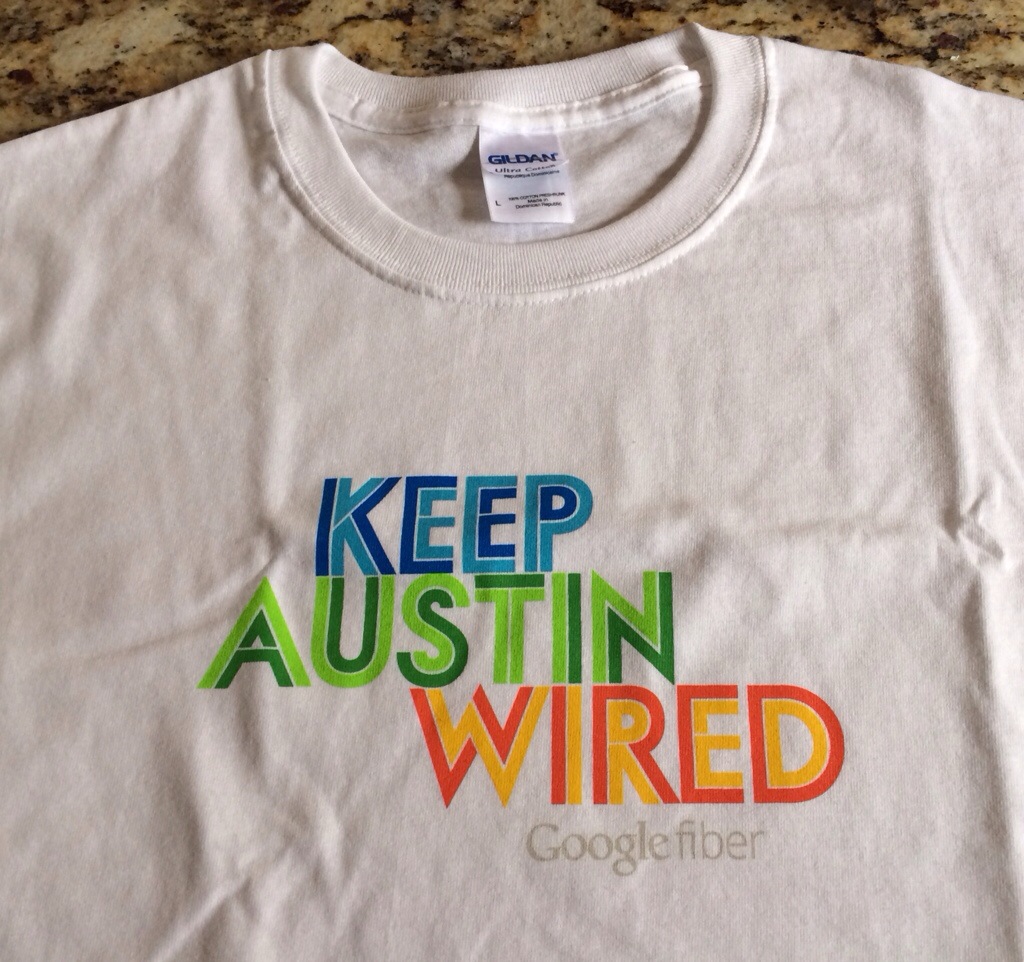
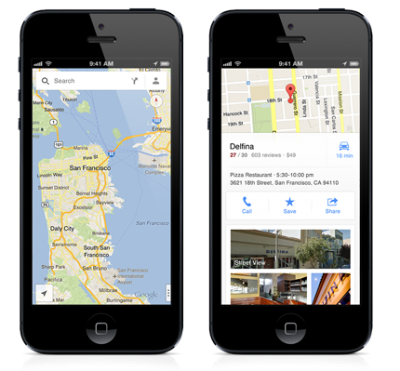
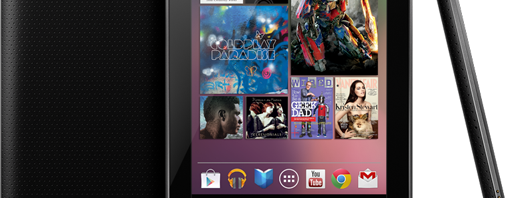


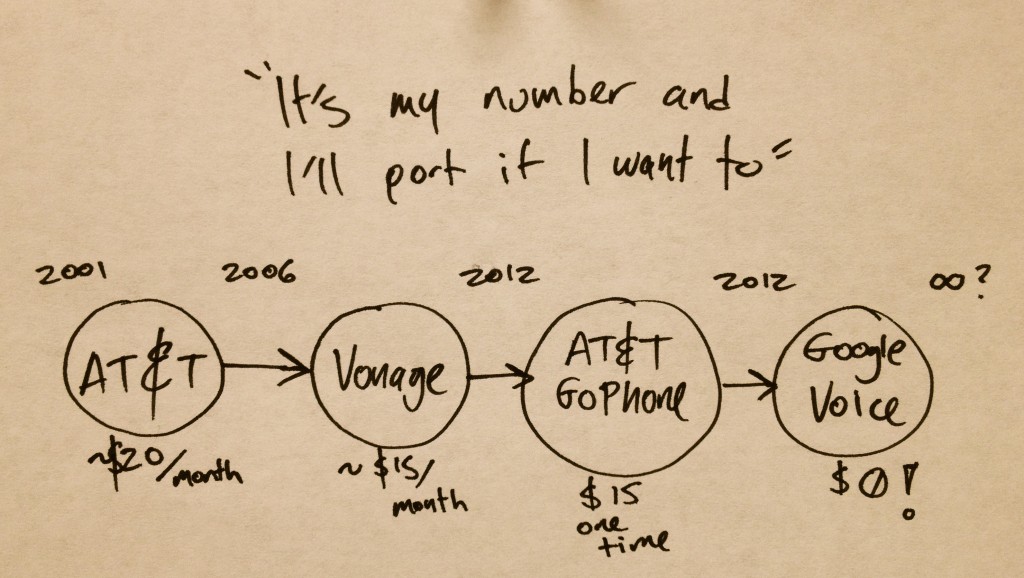




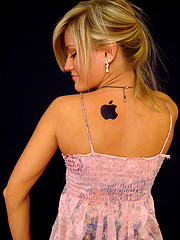

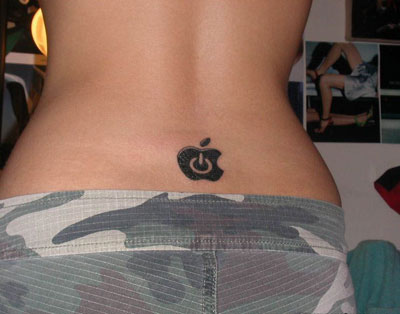 Sexy Apple Tattoo
Sexy Apple Tattoo